DEPARTMENT OF GEOGRAPHY, GEOLOGY AND ENVIRONMENTAL SCIENCE
Welcome to one of the most engaging and interdisciplinary departments on campus! Whether you are fascinated by Earth’s natural processes, passionate about addressing environmental challenges, or curious about exploring the world's diverse landscapes, our department provides dynamic programs that empower students to achieve their academic, professional, and personal goals.
UW-Whitewater has a proud tradition of excellence in Geography, Geology, and Environmental Science, with innovative courses and exceptional faculty committed to student success. Our Geography program blends spatial analysis and human-environment interactions, preparing students for careers in government, GIS technology, sustainability, and more. The Geology program offers hands-on learning experiences—from field excursions to laboratory research—that equip students to pursue careers in environmental consulting, geological surveys, paleontology, museums, or graduate study in the geosciences. Meanwhile, our Environmental Science program integrates rigorous coursework with practical experiences focused on conservation, ecological restoration, land-surface interactions, and sustainable development.
From introductory courses to senior-level capstones and collaborative research projects, our dedicated faculty mentor students at every stage of their educational journey. We actively engage with local and global communities through outreach initiatives, scholarly research, and student-led projects that make meaningful contributions to environmental stewardship and scientific advancement.
Additionally, the Department of Geography, Geology, and Environmental Science supports a variety of co-curricular opportunities, including internships, undergraduate research, student organizations, participation in professional conferences, and extensive field experiences locally and abroad.
Contact us
Dale Splinter
Department Chair & Associate Professor
Phone: 262-472-5156
Location: Upham Hall 120A
Patricia Filipiak
Department Assistant
Phone: 262-472-1071
Location: Upham Hall 120
UW-Whitewater offers students a wide variety of scholarships, both through the university, individual colleges, and departments. The Department of Geography, Geology, and Environmental Science has a number of scholarships and awards geared specifically toward our students, including:
- Fischer Scholarship - Apply here
- Silver/Savage Literature, Writing and Science Scholarship
- Y.W. Folk Memorial Scholarship - Apply here
More information about these and other scholarships is available through the scholarship portal.
The Department of Geography, Geology, and Environmental Science supports a number of student clubs and organizations.
We offer a GIS Center/Pangea on campus.
Check out the Wisconsin Geographical Society.
Explore our academic programs
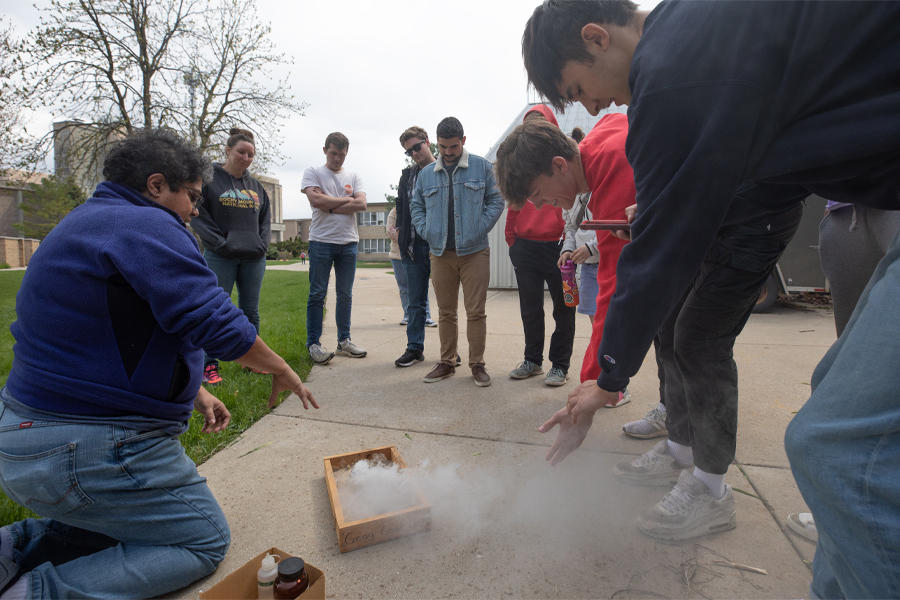
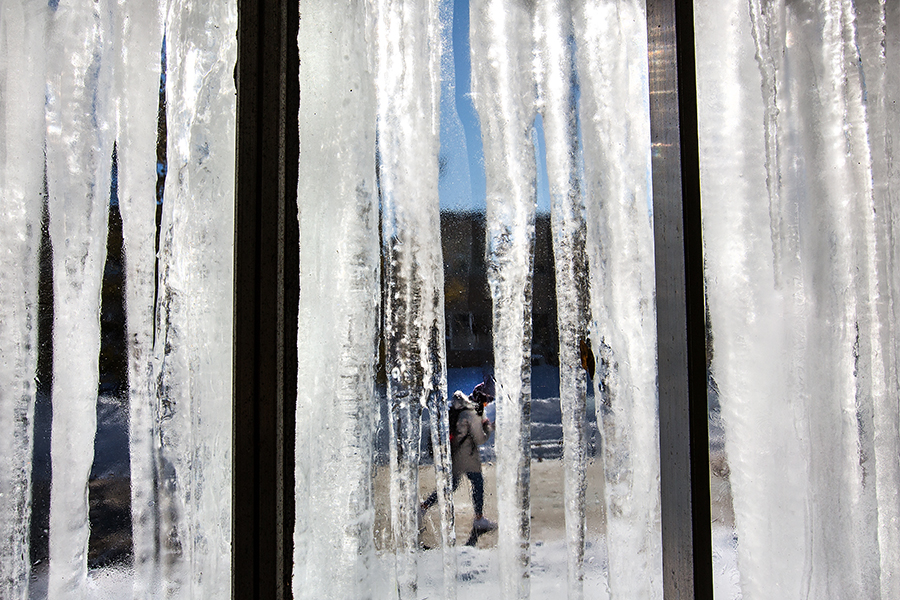
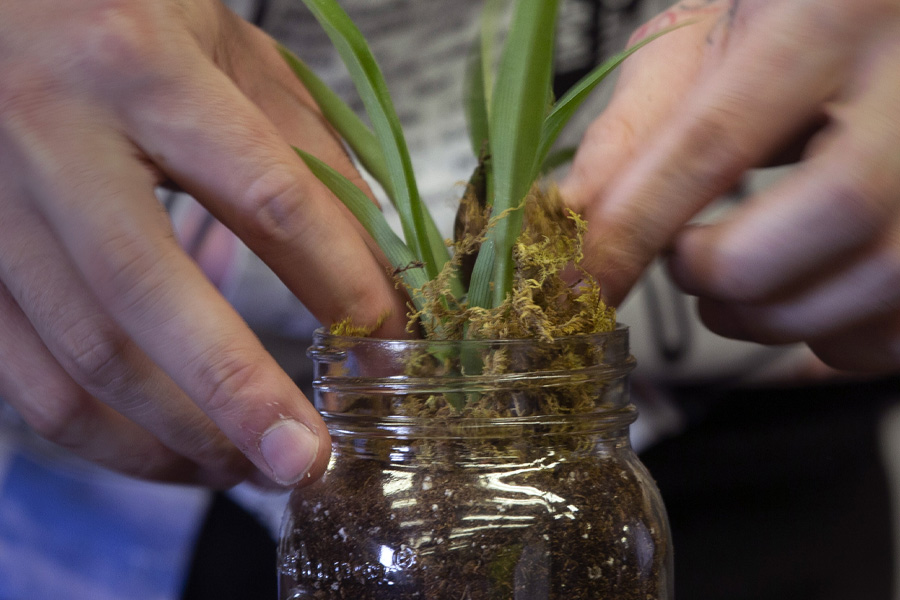
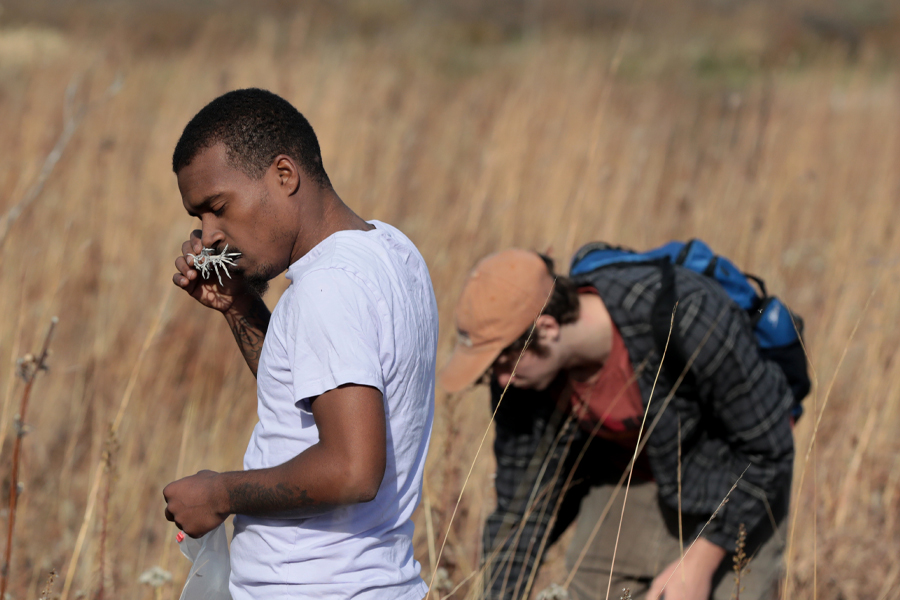
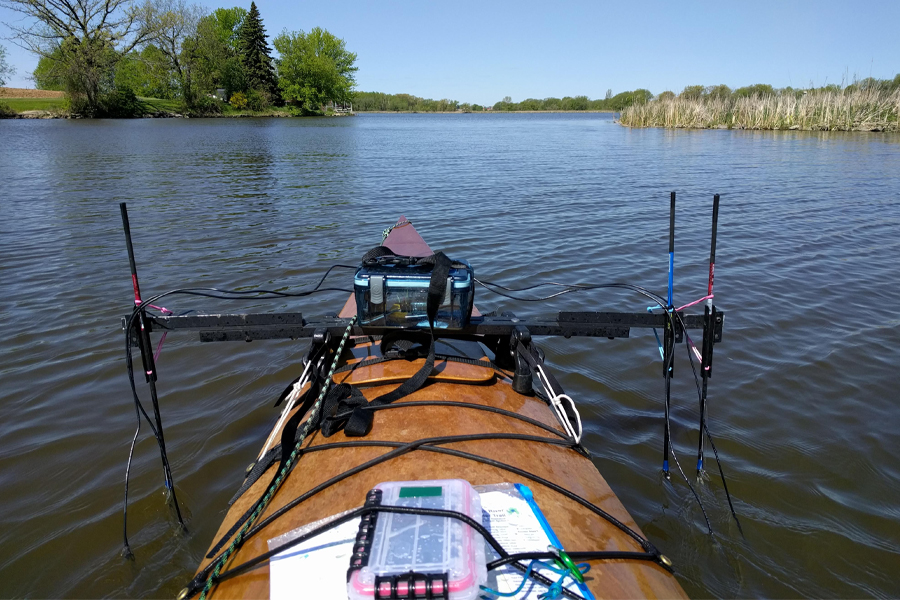
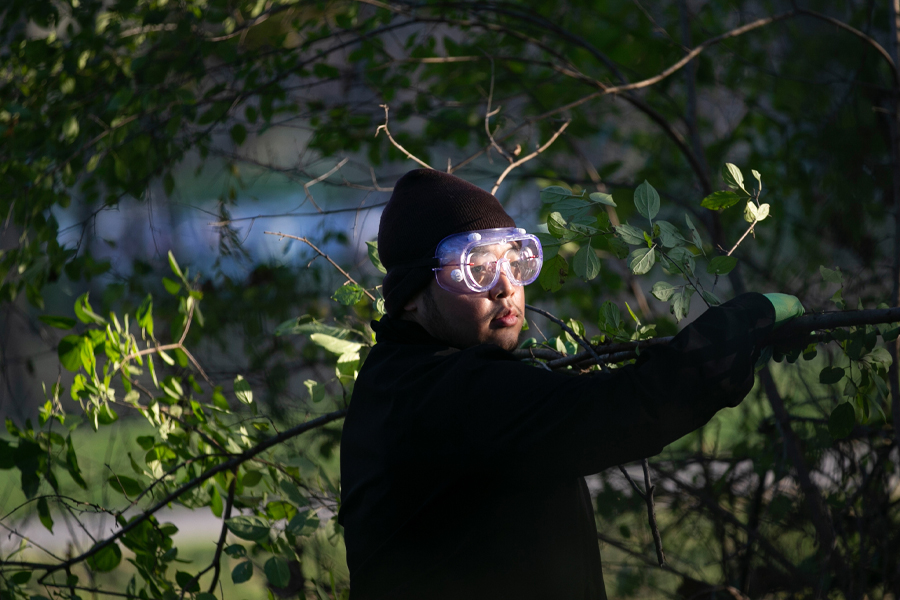
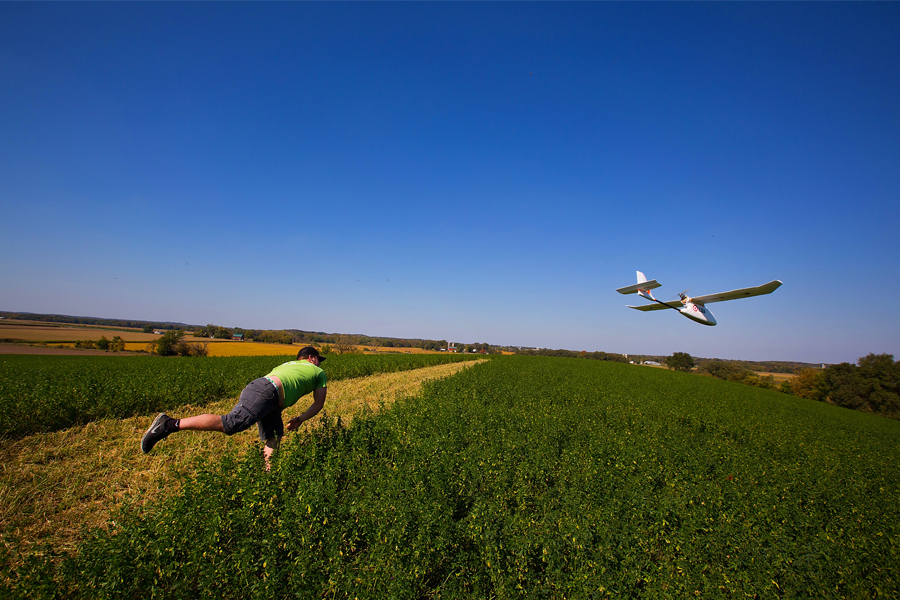
Environmental Science (Geosciences)
Major/EmphasisWith a Geosciences emphasis, you will study the interconnectedness of our planet and how environments have evolved and adapted uniquely in different parts of the world. With courses on subjects such as biogeography, paleontology, ecology, and more, you will gain a well-rounded understanding of ecosystems' past and present.
Environmental Science (Natural Sciences)
Major/EmphasisStudy the physical world through an environmentally aware lens with an emphasis in Natural Sciences. Learn how the presence of rocks and minerals is affected by the location of ecosystems, study Earth's biological history and predicted future, and gain a proper understanding of how laws regarding environmental preservation are passed.
Environmental Science (Sustainability and Environmental Resource Management)
Major/EmphasisPassionate about how we are currently treating and preserving our environment? You will take courses on topics such as sociology's relation to the environment throughout time, philosophical debates surrounding environmental science and literature created based on it, as well as the study of natural sciences such as biology, ecology, paleontology, and more.
Environmental Studies
MinorIf you’re interested in the relationship between the natural environment and how people’s actions affect the environment — plus how damage can be avoided or mitigated — then a minor in environmental studies might be right for you.
Geographic Information Systems
Minor, Certificate (Undergraduate)Do you love maps, charts and graphs? Are you passionate about using technology to visualize data that can inform decision-making on everything from urban planning to natural resource development and protection? A minor in GIS will provide training in the latest technology as well as a foundation in earth's geography and the human world.
Geography (Environment and Society)
Major/EmphasisWith an emphasis in Environment and Society, dive into the study of how location in the world and the makeup of the land affects and is influenced by the people who inhabit it. With courses on environmental geology, economic and historical geography, climate change, social sciences, and more, students will be prepared for a career in studying and legally preserving our environment.
Geography (Geology)
Major/Emphasis, Minor, Certificate (Undergraduate)Gain expertise about the world around, above, and beneath the surface as you pursue studies crucial to furthering our knowledge as humans. Studying Geography and Geology will help you gain understanding of the Earth's environment, natural disasters, weather systems, natural phenomena, and global warming while implementing positive change to the world.
What does my contribution directly support?
How much money can make an impact?
Donate now to support the Department of Geography, Geology, and Environmental Science at UW-Whitewater
If you're interested in starting a scholarship or making a pledge, please contact the UW-Whitewater Foundation, Inc at 262-472-1105 or through email at foundation@uww.edu.

